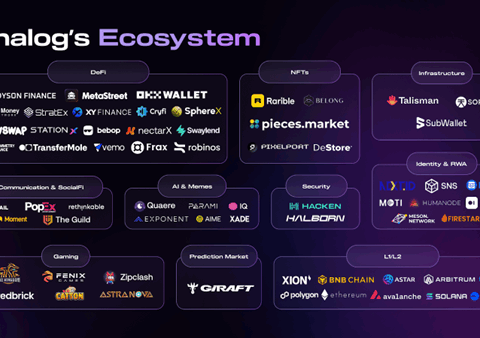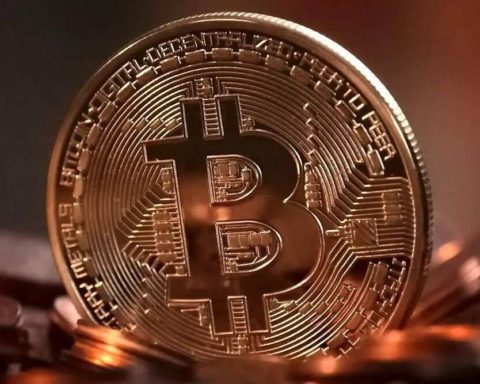Eeon, a third-party entity, has entered the legal battle between the United States Securities and Exchange Commission (SEC) and Binance, a cryptocurrency exchange.
According to court filings submitted to the United States District Court for the District of Columbia, Eeon argues that the SEC and Binance’s attorneys have failed to adequately represent the interests of Binance’s customers, prompting Eeon to step in and seek representation on their behalf.
Eeon asserts that they are the appropriate party to be involved in this case, citing a court order from June 17, 2023, which identified them as “Customers.”
They claim that they are not ordinary customers, but rather stakeholders, investors, and owners of cryptocurrency held by Binance and its subsidiaries.
Eeon firmly believes that their interests were not adequately taken into consideration during the legal proceedings.
The crux of Eeon’s argument is that cryptocurrencies should be classified as commodities rather than securities.
READ MORE: SEC Stresses Crucial Clarification Amid Coinbase Battle
They argue that cryptocurrencies are primarily used for personal and household purposes rather than commercial transactions.
Eeon also highlights the lack of specific regulations for cryptocurrencies, which limits the SEC’s jurisdiction over these assets.
Furthermore, Eeon alleges that Binance has exerted control over customers’ crypto assets by blocking access and withdrawals without proper notice.
They contend that the SEC’s actions have worsened the situation for investors instead of protecting their interests.
Eeon accuses the SEC of wrongly accusing customers of money laundering.
Consequently, Eeon is seeking a court order to grant customers access to their frozen assets on Binance’s platforms.
Eeon also argues that offshore fund transfers are a common and accepted practice, separate from money laundering activities.
They provide examples of various entities, such as e-commerce platforms, freelance services, consulting firms, small export companies, and travel agencies, that routinely engage in international money transfers without being associated with money laundering.
In their counterclaim, Eeon demands compensation from both Binance and the SEC.
They propose that the compensation should amount to 20% of the daily value of withheld funds per customer, totaling $1000 per day.
Additionally, Eeon asserts that both Binance and the SEC should equally share the responsibility of paying penalties, with $500 assigned to each party.
Cointelegraph has reached out to Binance for further information on the matter but has not yet received a response.
Other Stories:
Coinbase Temporarily Suspends Staking Services
Bitcoin Long-Term Holders Return as BTC Price Surges
Cardano Surges 23.9% Following Favorable XRP Ruling, Investors Eye Further Gains




